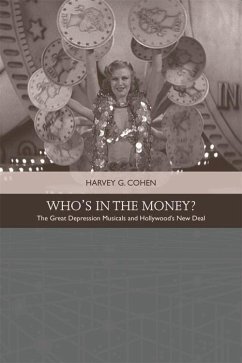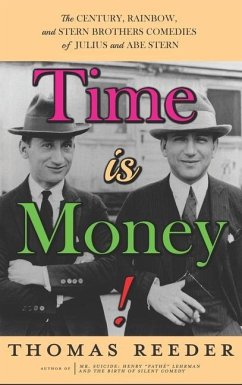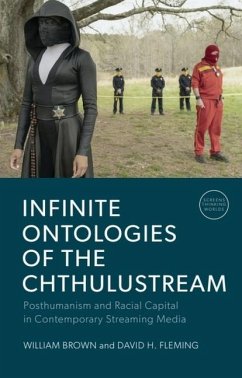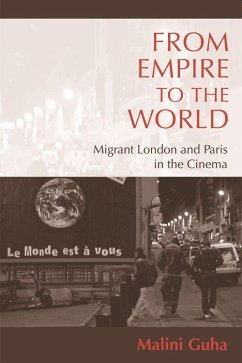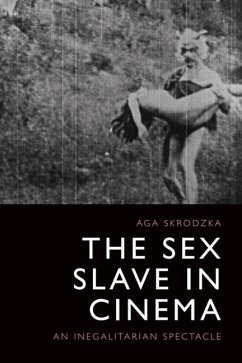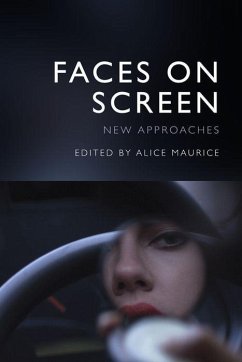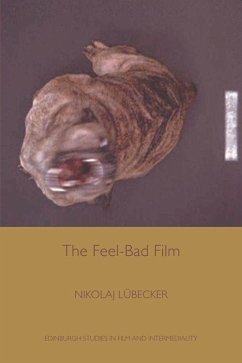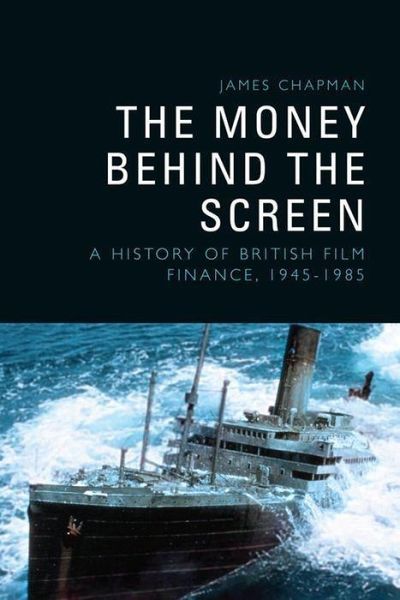
The Money Behind the Screen
A History of British Film Finance, 1945-1985
Versandkostenfrei!
Versandfertig in über 4 Wochen
164,99 €
inkl. MwSt.
Weitere Ausgaben:

PAYBACK Punkte
82 °P sammeln!
As John Davis of the Rank Organisation put it: "No film can be made without finance." The Money Behind the Screen surveys the history of film finance in Britain from the end of the Second World War to the 1980s. It explores three linked themes: the economic structure of the British film industry; the sources of film finance; and the role of government in providing financial assistance to British producers. The book covers a period during which the fiscal structure of the British film industry underwent profound and far-reaching changes. It saw the decline of wholly British financing for film-m...
As John Davis of the Rank Organisation put it: "No film can be made without finance." The Money Behind the Screen surveys the history of film finance in Britain from the end of the Second World War to the 1980s. It explores three linked themes: the economic structure of the British film industry; the sources of film finance; and the role of government in providing financial assistance to British producers. The book covers a period during which the fiscal structure of the British film industry underwent profound and far-reaching changes. It saw the decline of wholly British financing for film-making and the rise of American investment in the British production sector. It includes the formation of the National Film Finance Corporation, the government-backed film bank that bailed out the industry during the crisis of the late 1940s and became a semi-permanent feature of the landscape of film finance in Britain. And it is a history characterised by frequent and recurring crises for the industry which was hampered throughout by its insecure economic base and the persistent difficulty faced by producers in raising money for what has always been an inherently risky and often unprofitable business. The Money Behind the Screen explores a hitherto undocumented aspect of British film history that is nevertheless essential to understanding the fiscal and creative economies of British cinema. James Chapman is Professor of Film Studies at University of Leicester and Editor of Historical Journal of Film, Radio and Television. His previous books include: A New History of British Documentary (2015), Past and Present: National Identity and the British Historical Film (2005) and The British at War: Cinema, State and Propaganda, 1939-1945 (1998).




